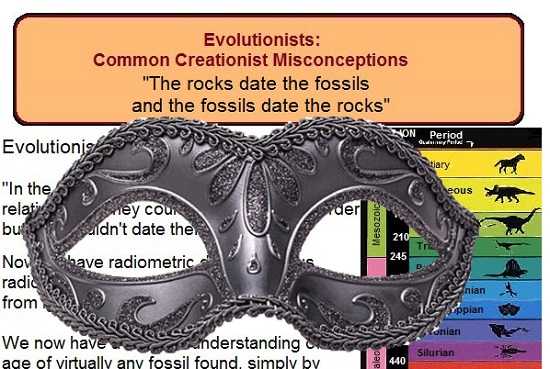
Scientific American recently pondered, Is Lawrence Krauss a Physicist, or Just a Bad Philosopher? A very good question indeed considering the fact that the entire premise of Krauss’ recent book “A Universe from Nothing” apart from being (bad) philosophy masquerading as science[1] is based on the logical fallacy known as “Equivocation.” Equivocation is when you use one word to mean two different things. This typically results in false and misleading conclusions – though sometimes the results are ironic and amusing as in Cher’s song “Dark Lady.” In Cher’s song the fortune teller tells the singer “The man you love is secretly true to someone else who is very close to you.” Normally when you hear the phrase “very close to you” you think of an emotional connection. But by the end of the song, you realize the dark lady was referring to herself, and the “very close” part was physically close – as the two ladies were when the dark lady gave the fortune. The dark lady intentionally misled through the use of an equivocation. Krauss does the same thing – intentionally mislead through an equivocation. Continue Reading


_550.jpg)






